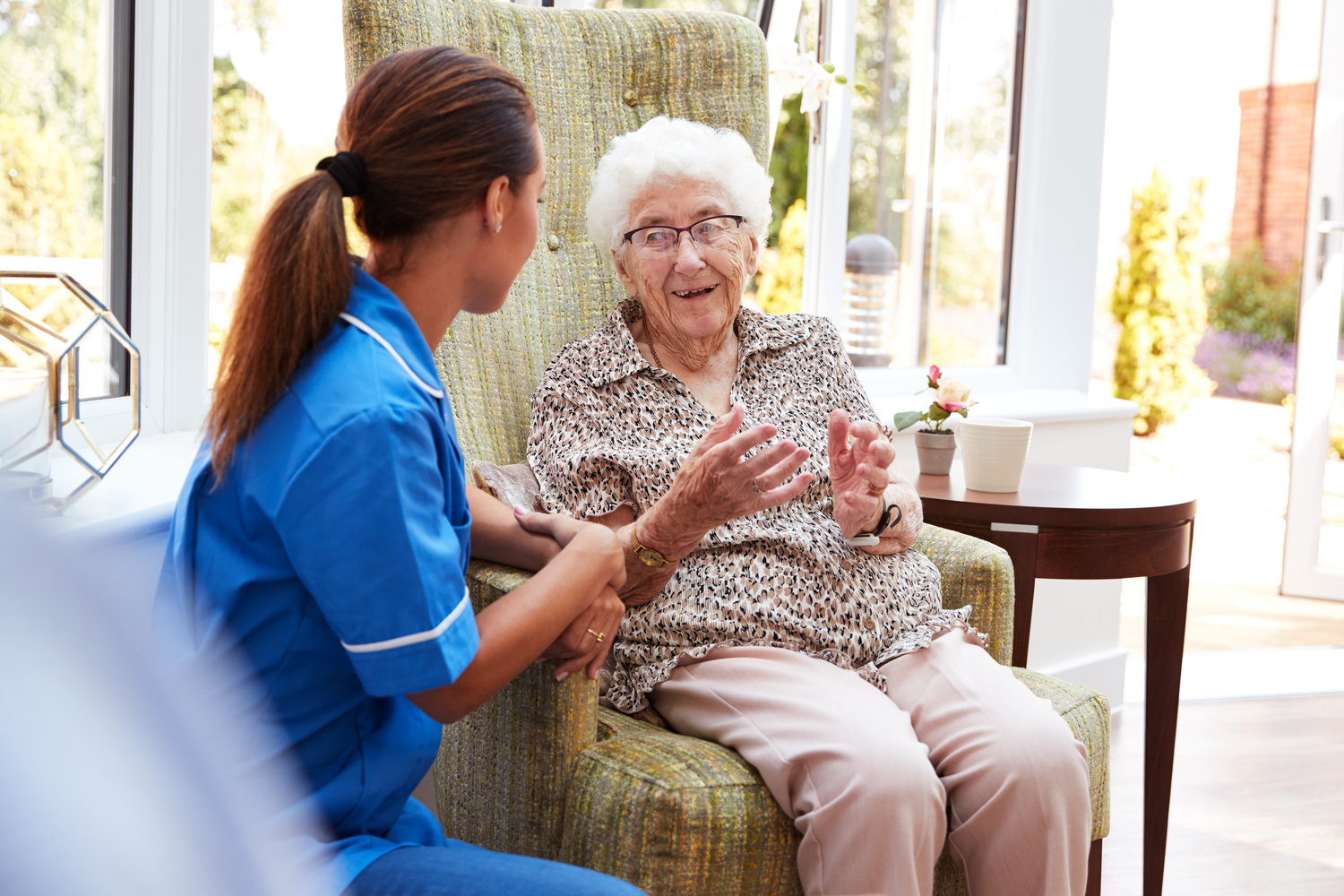Essential Qualities for a Great Live-In Caregiver
Discover the key qualities that define a successful live-in caregiver. Essential traits include empathy, patience, dependability, communication skills, and adaptability. Developing these qualities ensures compassionate and effective support for those in need, making a meaningful difference in their lives. This guide outlines the skills and attributes necessary to excel in the rewarding field of live-in caregiving, emphasizing professionalism, physical endurance, cultural sensitivity, and emotional resilience for sustained success.

Essential Qualities for a Great Live-In Caregiver
Live-in caregivers are vital in supporting individuals with health issues, aging, or disabilities. This role requires specific skills and personal traits. Aspiring caregivers should understand the key qualities that contribute to success in this rewarding profession.
Compassion and Empathy
A top caregiver naturally displays compassion and empathy. Understanding and sharing your client's feelings builds trust and fosters a caring relationship. Genuine concern for their well-being is central to this role.

Empathy enables caregivers to offer emotional reassurance, making clients feel valued.
Patience
Patience is essential in delivering effective care. Clients may need more time for daily tasks or require gentle encouragement. An understanding caregiver creates a peaceful environment that respects client dignity.
Dependability
Reliability is crucial. Families depend on caregivers for medication management, hygiene, and daily routines. Consistency and punctuality build trust and ensure quality care.
Communication Skills
Clear, active listening and effective communication with clients, families, and healthcare providers are vital. Non-verbal cues can be important when clients have speech or cognitive difficulties.
Problem-Solving Abilities
Care often presents unexpected challenges. Strong problem-solving skills enable caregivers to respond quickly and calmly, ensuring clients’ safety and comfort.
Adaptability and Flexibility
Each client has unique needs. Successful caregivers adapt their approach and routines to meet changing conditions or preferences, providing personalized care.
Professionalism
Maintaining respect, confidentiality, and personal standards is key. Continuous learning and participation in training help caregivers stay updated with best practices.
Physical Endurance
The role can be physically demanding, requiring strength for transfers, household chores, and assisting with mobility. Good stamina ensures safe and effective care.
Attention to Detail
Noticing subtle changes in a client's health or behavior helps in early detection of issues, preventing complications and promoting well-being.
Culinary Skills
Preparing nutritious meals tailored to dietary restrictions and preferences is often part of caregiving, contributing to overall health.
Organizational Ability
Managing medications, appointments, and daily routines efficiently ensures comprehensive and seamless care.
Emotional Strength
Caregiving can be emotionally challenging. Resilience helps caregivers handle stress, sadness, or frustration, maintaining high-quality care.
Cultural Awareness
Understanding and respecting cultural and religious backgrounds fosters respectful, appropriate care, strengthening relationships.
Commitment to Learning
Care techniques evolve. Lifelong learning ensures caregivers stay current and provide the best support possible.
A Positive Outlook
A sense of humor and positivity help create a joyful atmosphere, benefiting both caregiver and client, and making work more fulfilling.
In summary, excelling as a live-in caregiver depends on a blend of personal qualities, skills, and a genuine passion for aiding others. Such attributes allow carers to profoundly enhance their clients' lives, offering kindness, support, and dignity.










